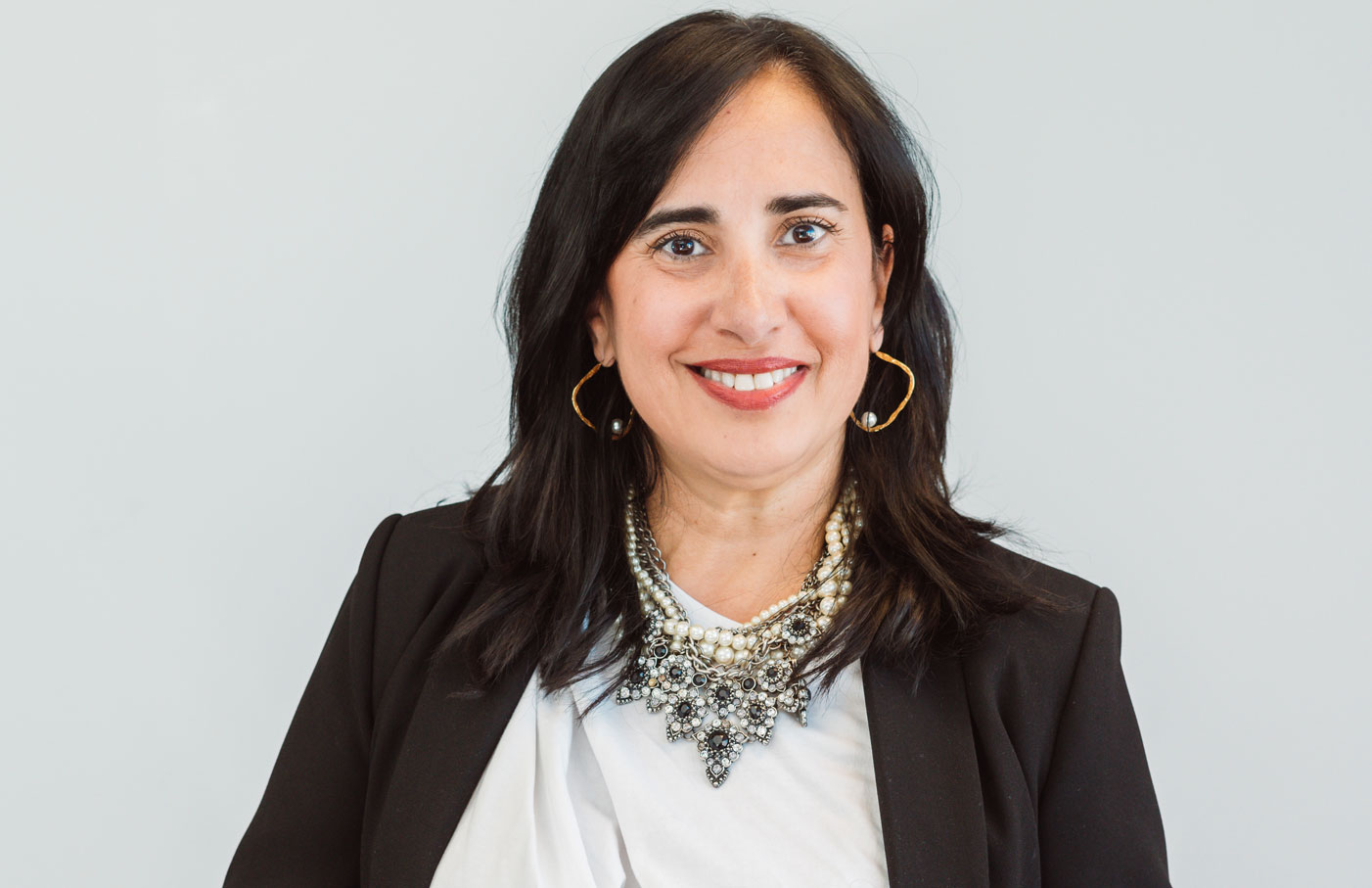Law change facilitates citizenship for Portuguese grandchildren and spouses

Good news for those seeking Portuguese citizenship. The new Nationality Law was approved by the Portuguese parliament on July 23. The text brings a series of updates to the rules until then, facilitating the granting of naturalization to Portuguese grandchildren, people married to Portuguese nationals and children of immigrants born in the country.
The simplification of the requirements demanded by the new law will allow retiree Célia Maria Lino to fulfill her dream. Since the grandfather left Bragança, in Portugal, for Brazil, the family has wanted to reconnect to their origins. “My father told my grandfather's stories with great pride. We felt the urge to go to Portugal, to know the roots of our family, but ended up not looking for a number of reasons. I entered the naturalization process and I believe that with the new law, I will finally be able to become Portuguese ”, she explains.
Until then, the biggest problem with the current law, in 1981 and last updated until then in 2018, was to demand proof of effective ties with the Portuguese community, which made the process complicated for Portuguese grandchildren. Now, mastering the Portuguese language is enough to prove the link.
“The updating of the Nationality Law makes the criteria for granting naturalization more clear. Many people, no matter how much they want to do the opposite of their grandparents, ended up giving up due to the difficulty created by the lack of objective criteria in identifying links with Portugal. Now well-defined, grandchildren and spouses of Portuguese people will know more easily how to proceed in order to have their rights guaranteed ”, explains lawyer Thiago Huver, from Martins Castro.
The amendment also included the children of foreigners residing in Portugal with a residence permit who will also be able to acquire nationality provided that, at the time of birth, one of the parents has a legal residence or resides for at least one year in the country.
There was also simplification for the process related to spouses and couples who live in a stable relationship and have children in common. In these cases, with the change, the criterion of time of marriage or stable union is no longer required. Couples without children, will be entitled to nationality when proven time exceeding 6 years of relationship.
The change in legislation, however, left out the granting of Portuguese nationality to descendants of Sephardic Jews, whose rules follow the same established by Law No. 1/2013 and Decree-Law 30-A / 2015. In this way, whoever proves descendants of Portuguese or Spanish Jews persecuted by the Inquisition from the 15th century onwards, whether through genealogical records or through ties with the Israeli community, continues to have the possibility to become Portuguese.
“The changes, as a whole, were positive and should be celebrated, but the Jewish community remains on the alert until the Executive Branch decides on Sephardic naturalization, as the lack of definition generates anxiety. However, as it is a reparative law that has been widely praised by different segments of society, we believe that a good term will be reached by the Government ”, evaluates Huver.
It is worth remembering that the changes to the Nationality Law still need to be sanctioned by the Portuguese President, which is expected to occur in the coming days.
Published in Portal Terra

"Because of a controversy, they are changing a historical reparation," says Isabel Comte.
The proposed changes to the Nationality Law in Portugal remain at the center of public debate, even after the decision […]

"The Constitutional Court gave time, it didn't change the law," says a lawyer from Martins Castro.
The recent decision by the Portuguese Constitutional Court, which blocked key parts of the government's proposal to tighten access […]

Nationality for minor children: why is the process usually simpler?
Among the various pathways provided for in the Portuguese Nationality Law, transmission to minor children is usually perceived as a […]